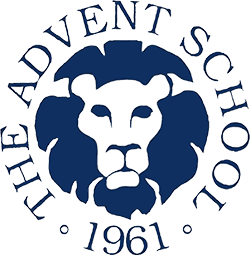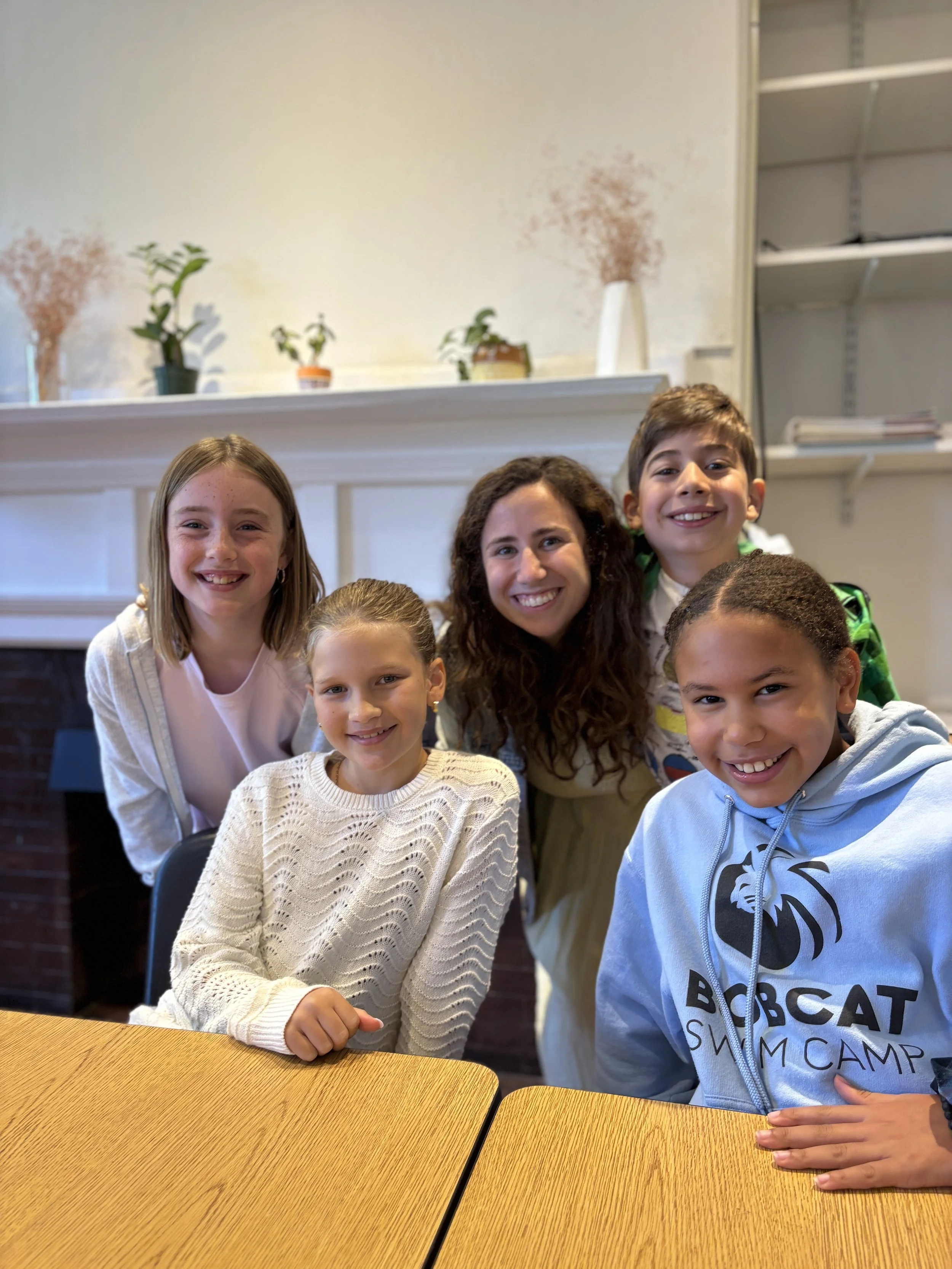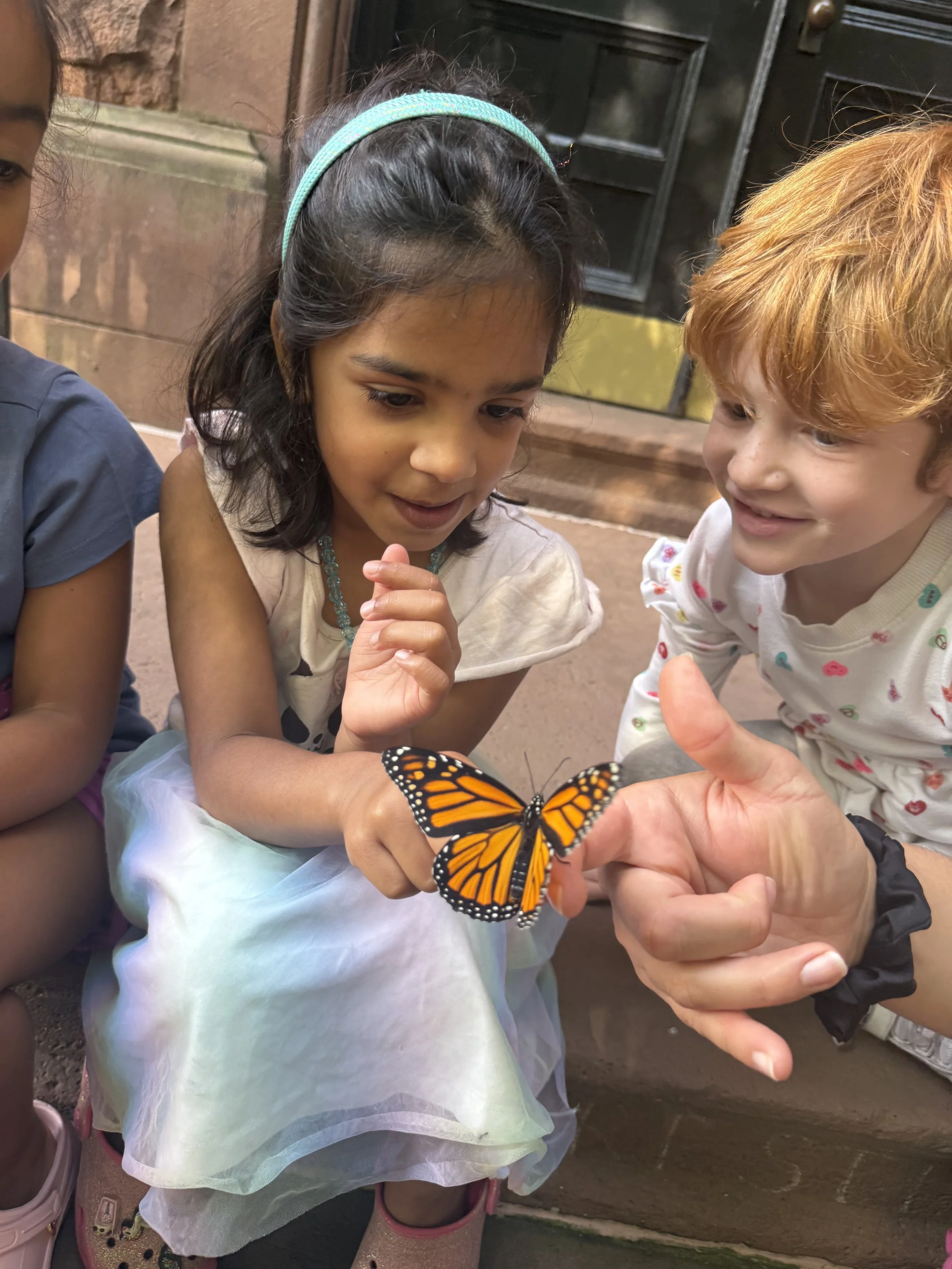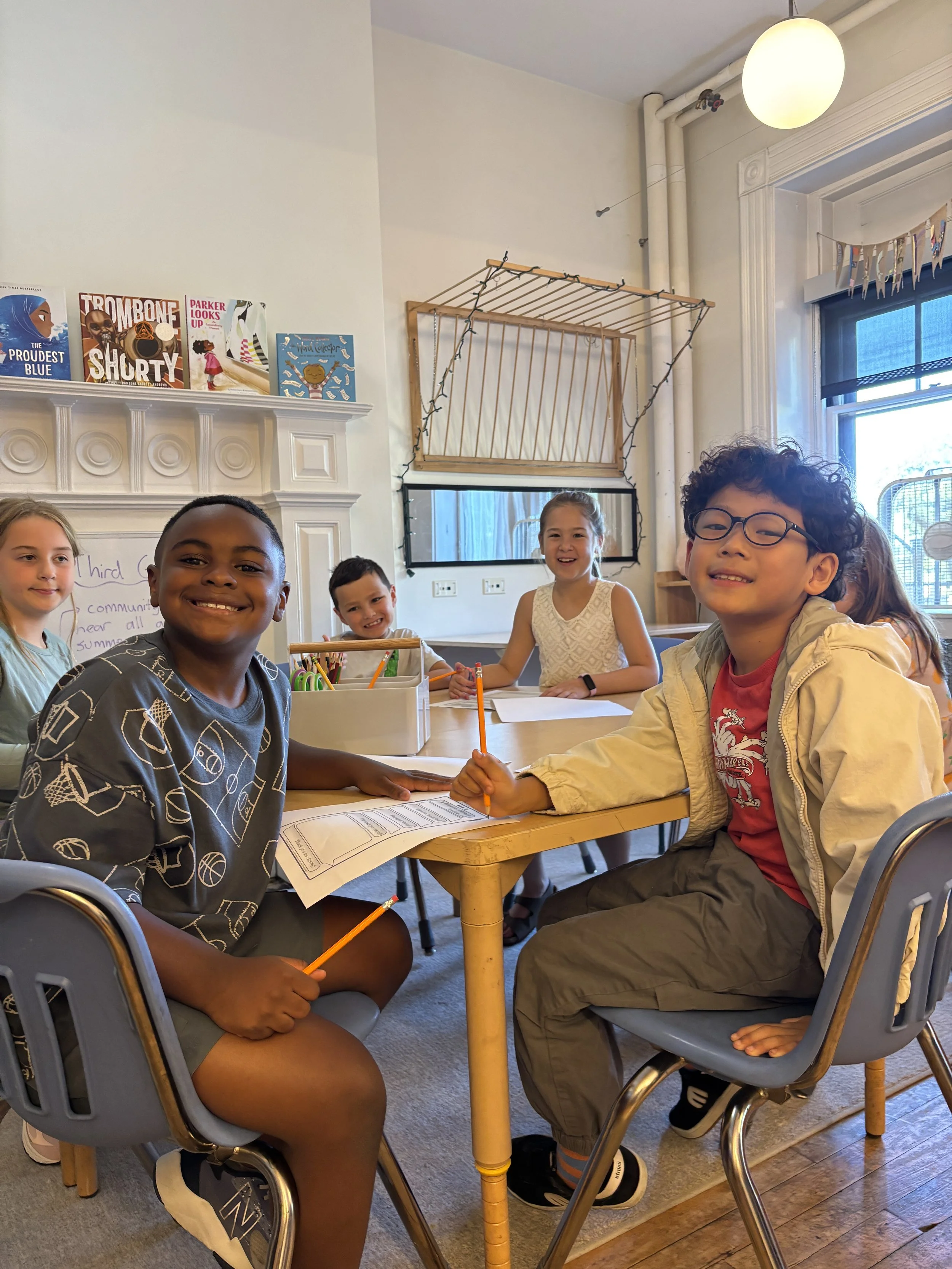The Advent School Advantage
A progressive Reggio-inspired foundation that is assessment-driven, with a definition of rigor based on authentic, integrated, experiential learning

An Advent education is a child-centered approach that emphasizes curiosity, creativity, and critical thinking through hands-on, experiential learning. It values collaboration, community, and real-world problem solving over rote memorization. We use both standardized and individualized assessments to understand each child’s growth, and we define academic rigor as deep, meaningful learning—not just more work.
Advent’s Reggio-inspired approach
“At its heart, the Reggio Emilia Approach values relationships—between children, teachers, families, and the community—as central to learning. It views children as capable, curious, and full of potential, with a natural desire to explore and make meaning of their world. ”
The citizens of Reggio Emilia, Italy developed a unique approach to education in response to their experience with fascism during World War II. Since then, it has inspired the world-renowned Reggio Emilia Approach™, which is the foundation of an Advent School education.
At its heart, the Reggio Emilia Approach values relationships—between children, teachers, families, and the community—as central to learning. It views children as capable, curious, and full of potential, with a natural desire to explore and make meaning of their world.
In this philosophy, teachers act as co-learners and guides rather than traditional instructors. Advent’s co-teaching model allows two highly skilled educators to collaborate in the classroom, bringing multiple perspectives to instruction and student learning. They observe children closely, listen to their questions, and design projects that both align with student interests and build developmentally appropriate skills. This model fosters a rich, dynamic classroom in which students benefit from the collective expertise and shared presence of their teachers.
Learning takes place through long-term investigations, where children research, experiment, and create to deepen understanding. Documentation—through photos, notes, and displays of children’s work—is used to make learning visible, reflect on progress, and plan the next steps in the investigation.
The environment is also considered a “third teacher.” We consider Boston an extension of our classroom, and Advent faculty leverage the city’s historical landmarks and green spaces throughout the year.
For families, the Reggio Emilia Approach emphasizes partnership and respect. Parents and caregivers are seen as essential collaborators in their child’s education, contributing knowledge, experiences, and perspectives that enrich the learning community.
What is a “progressive education”?
Progressive education is a child-centered approach that fosters curiosity, creativity, and critical thinking. Emphasis is placed on active collaboration and real-world problem solving over passive fact memorization.
The Advent School uses a unique approach to teaching called “looping,” during which co-teaching teams stay with their students for a full two-year, two-grade cycle.
Assessment-driven learning at Advent
At Advent, we use a range of assessments to stay closely connected to how each child learns and grows. While standardized tools give us useful benchmarks, it is the more individualized and nuanced assessments that truly set The Advent School apart.
Families often notice that our teachers know their child deeply—not only their personality and interests, but also their academic strengths, areas for growth, and what motivates them as a learner.
Teachers gather this understanding in many ways, including a unique approach called “looping,” during which co-teaching teams stay with their students for a full two-year, two-grade cycle. Through classroom conversations, daily work, observation notes, and documentation of projects, student records—photos, writing, and other work samples—not only make learning visible but also guide teachers in planning next steps in the curriculum. This process of observing, reflecting, and responding ensures that children are co-constructors of their own learning.
Long-term projects provide additional opportunities for students to demonstrate knowledge in authentic, integrated ways, while also showing growth in social-emotional skills.
More formal assessments are also part of our practice. Advent teachers administer normed benchmark assessments such as DIBELS and the Early Numeracy Mathematical Review three times a year. Students in grades 3–5 also take the Measures of Academic Progress (MAP) Growth Assessment twice annually, providing detailed goals in reading, language, and math. These results help teachers personalize instruction so every child is both supported and challenged.
Read how Advent Fifth Graders did on the MAP Growth Assessment in the Fall of 2025.
Re-thinking rigor
It’s natural to wonder: if my child loves going to school, are they truly being challenged?
Many people think “rigor” means harder work or more assignments. At Advent, we define rigor differently. True rigor happens when children are engaged in meaningful work that stretches their thinking, sparks curiosity, and deepens understanding. It’s not about eliciting effort and engagement through external pressure, but through tapping into their innate interest and curiosity. It’s about encouraging students to wrestle with big ideas, make connections, and grow into confident and capable readers, writers, and thinkers.
For nearly 65 years, Advent has been reimagining rigor. Our play-based, integrated, and experiential approach ensures that students are not only joyful in their learning but also challenged to think critically and explore the world in sophisticated ways.
This is the heart of an Advent education: joyful, meaningful, and rigorously engaging.
At our Reggio-inspired school, learning support is woven seamlessly into the classroom experience. Highly trained learning specialists work alongside teachers, ensuring every child feels supported, confident, and capable.
Using the evidence-based Orton-Gillingham approach, specialists provide individualized strategies that build strong literacy foundations through multi-sensory, structured instruction. Their presence in the classroom allows for real-time support, collaboration, and a shared understanding of each child’s learning journey.
By integrating support into daily routines, children remain engaged with peers while receiving the tools they need to thrive. This holistic model fosters confidence, independence, and a love of learning.






